Feb 4, 2009
Virtually all university students know about the pains of procrastinating. Why start with the assignment right now instead of in a couple of minutes? Nonetheless, we do it all the time and get ourselves in considerable trouble most of the time. Suddenly, time is short and deadlines approach sooner than we anticipated. Sounds familiar?
There is help to make the right decision. One solution is to pledge to deliver your next paper on time. If you fail, you will donate a significant sum to charity. In this scenario, the short-term incentives to keep delaying are contrasted with the somewhat clearer long-term consequences of loosing money. The question remains—why do we fail to make the right choice so often, and how can we improve?
[Read more]
Jan 15, 2009
While a certain Obamamania cannot be denied (going back as far as July 2008), the German media is certainly not alone. As Gawker points out, Time Magazine has managed to print its 15th (!) cover of the politician and president-elect, providing every possible angle of him.
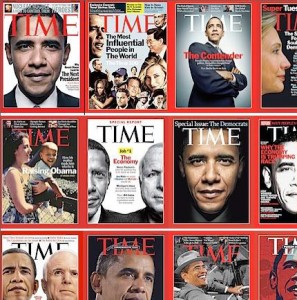
What will they do for the next four years??
Dec 7, 2008
William R. Timken is leaving with style. In a classy interview with “Welt am Sonntag”, the outgoing U.S. Ambassador to Germany shares his opinion on the incoming administration.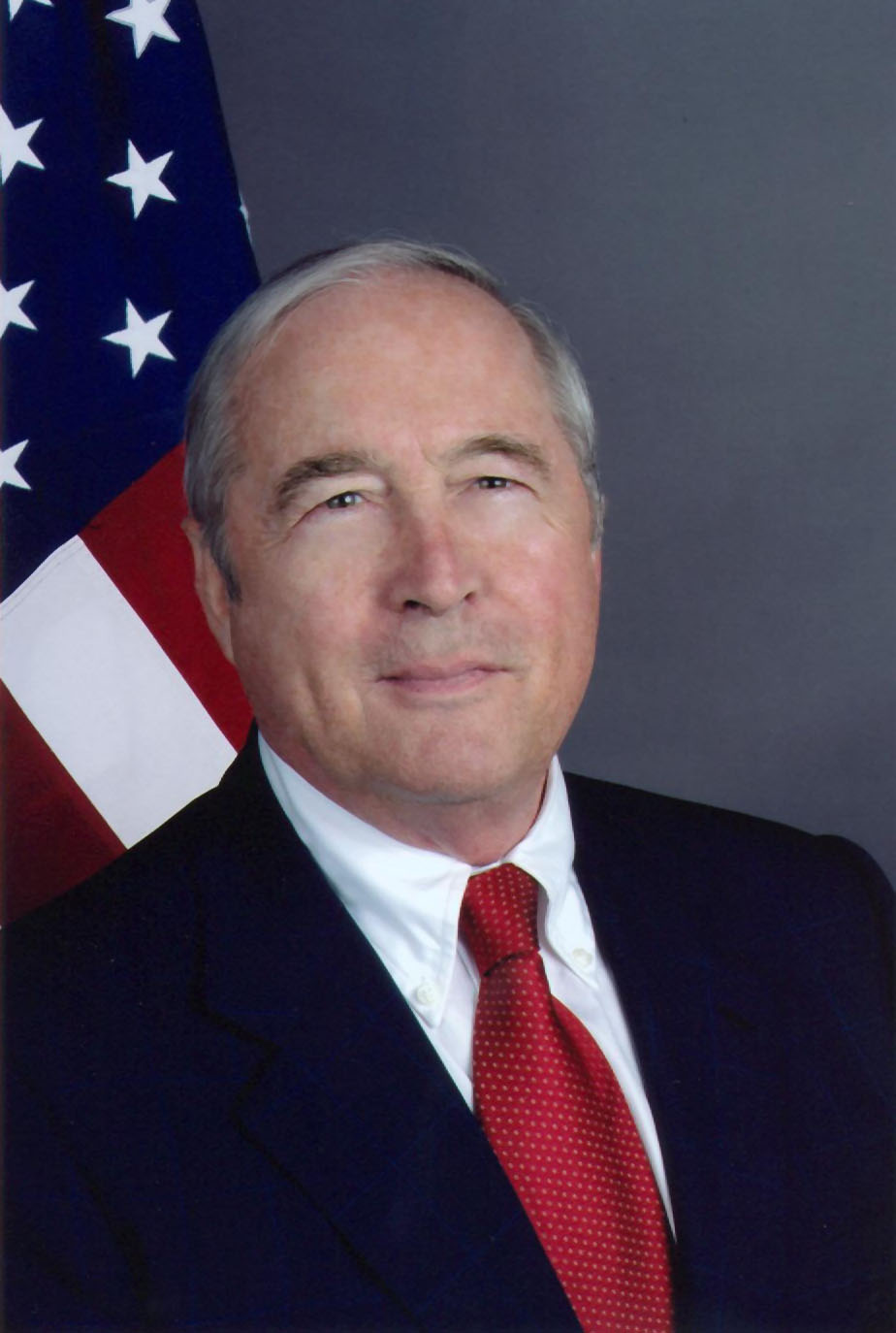 [Read more]
[Read more]
Nov 18, 2008
As we’ve been wondering what to do with our political interest now that THE election is over, here is a suggestion: Why not take part in politics ourselves?

[Read more]
Nov 14, 2008
On Tuesday, October 21, French Academy Award winning-filmmaker Michel Gondry honored the Hammer Museum in Westwood, Los Angeles with his presence. Gondry is known for his experimental music videos with Björk, The White Stripes or Daft Punk, as well as for his films Eternal Sunshine of a Spotless Mind, The Science of Sleep or his latest work, Be Kind Rewind. Hammer invited the artist to talk about his recently published book You’ll Like This Film Because You’re In It: The Be Kind Rewind Protocol and to discuss his own conceptual and technical approach.
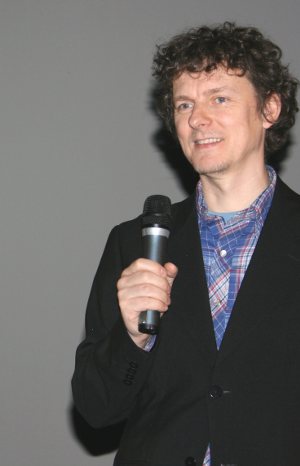
[Read more]
Nov 7, 2008
November 4th, 2008. What better place to be on Election Day, than the place they promise to change: Washington, D.C.?
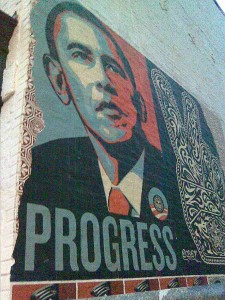
At U Street Corridor, Reps Won't Find Rest
[Read more]
Oct 8, 2008
The US Presidential elections 2008 are historic in many ways – A black man had to beat a woman to claim the nomination of his party, the campaigns already spent more than a billion dollar to persuade voters, the final month of the election coincides with the collapse of the credit markets and the global economic system is threatened in its entirety.
Also, this election is increasingly fought out not on the TV screen or in newspaper editorials and op-eds, but on the Internet – which adds another historic element. German journalist Tobias Moorstedt has travelled the US to find out more about this development and the changes, challenges and criticisms digital campaigns evoke. He touches on all of these questions in his new book and in the following interview with tapmag (you can also read the interview in German on my private blog).
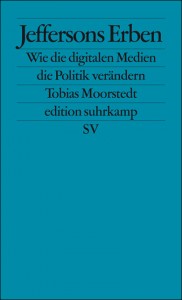
[Read more]
Sep 4, 2008
At eleven forty the crowd slowly becomes bored and people start to entertain themselves. They rythmically shout, “Yes, we can! Yes, we can!” An interpreter for the hearing-impaired is still on stage, who raptly joins in. She clenches her right fist to nod with it, brings it to her chest with her index finger out, then clenches both fists and stems them toward the ground – Yes, we can! Back and forth, the crowd and the little woman in a summer dress are firing each other up; all just to lure him, the Democratic Presidential Nominee, savior and general hopeful on to the stage. To no avail. Barack Obama sets his own timetable.
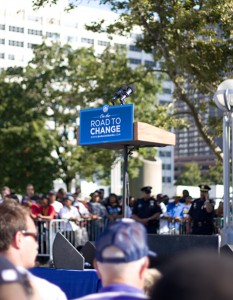 [Read more]
[Read more]
Sep 3, 2008
tapmag’s reporter finds herself in a position she never thought she would be in. [Read more]
Aug 19, 2008
tapmag has been reporting frequently on different religious views and their intertwinement with politics, especially apparent during election times. But religion does not only come into play when it is time to chose a new leader, and to figure out if the candidates match one’s own ethical views, or faith. In many areas of conflict, religious feelings or tradition play an important role, and set a border for political ambitions (in Germany, a prime example is the 24/7 opening of stores, which is still prohibited for the reason of a “sacred” Sunday). But the two main denominations in Germany, lutheran and catholic, also struggle with declining membership and financial problems.
In this article, I explore a different kind of church. Please excuse that for now it is only in German.
Go to article here.







